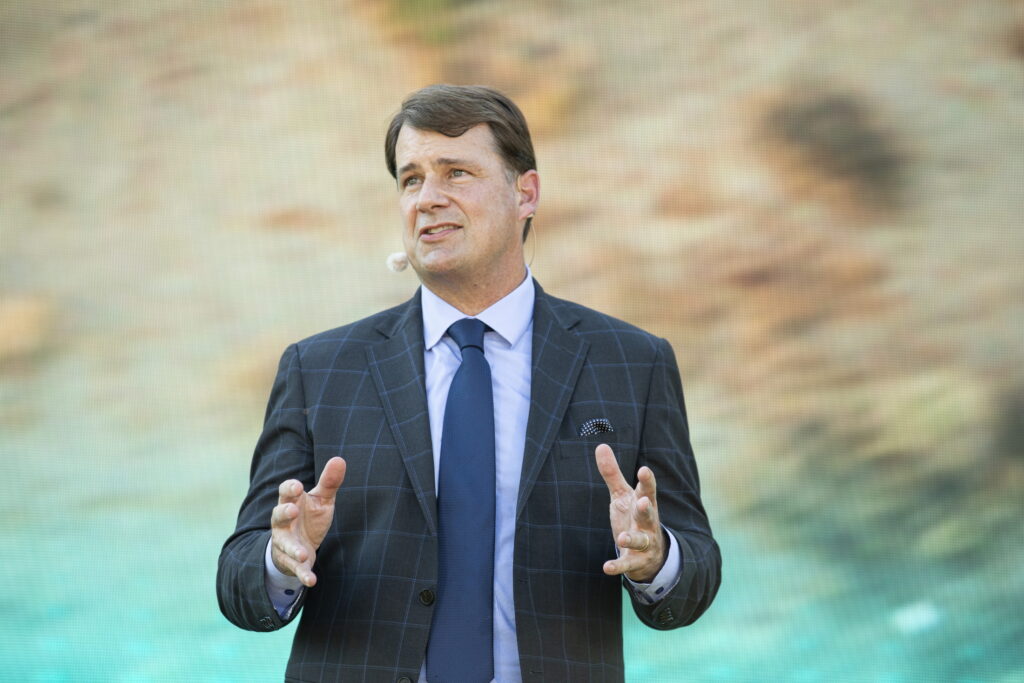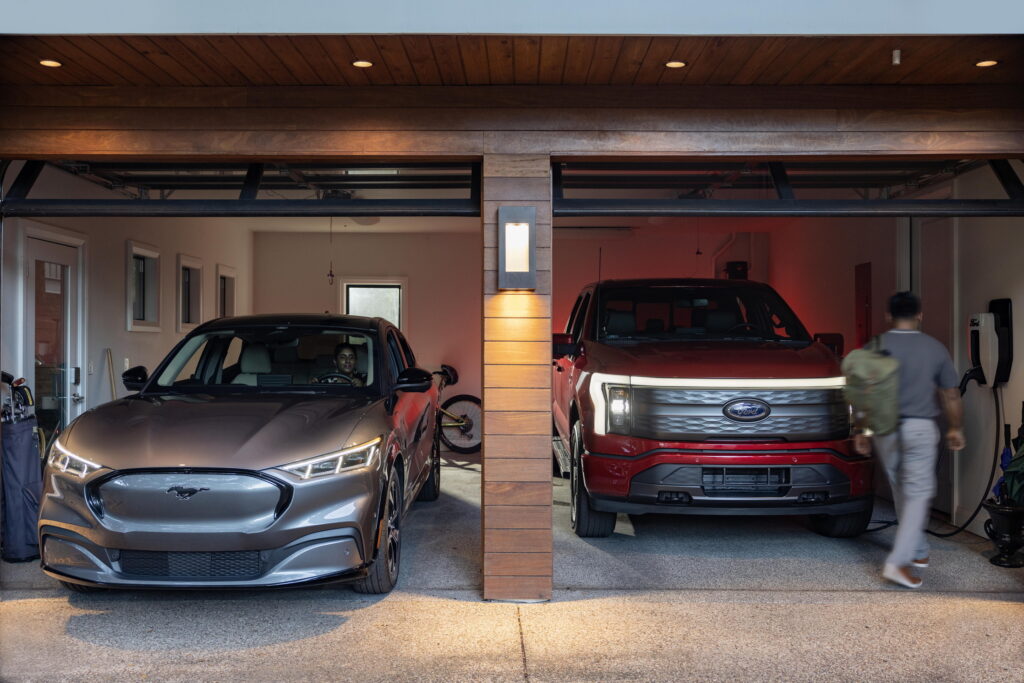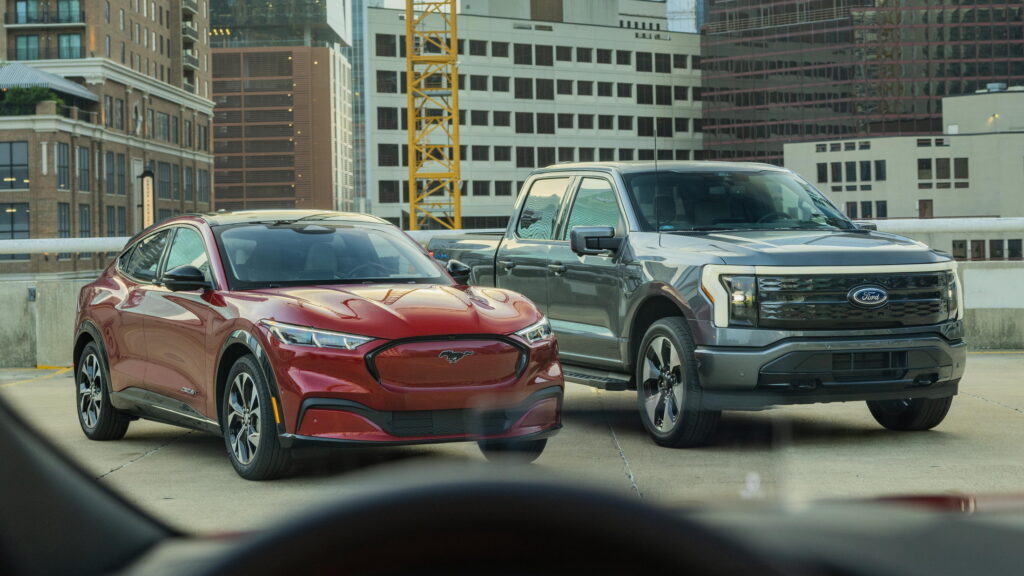Ford CEO Jim Farley characterized the electric vehicle market as “a continuously evolving landscape” during the company’s Q3 earnings call. With market dynamics, aggressive pricing by Tesla, and substantial development expenses, Ford has opted to reduce its pace of electric vehicle investment in an effort to mitigate financial losses.
As a result, the Detroit automaker is delaying approximately $12 billion worth of EV-related investments, which includes the postponement of a planned battery factory in Kentucky. However, the Blue Oval City project in Tennessee, which also centers around electrification, will proceed as scheduled.
Farley was clear that the company is moving ahead with the development of its electric vehicles, albeit at a slower pace. However, losses of around $1.3 billion in the last quarter, and $3.1 billion so far this year, per The Verge, mean that Ford could spend $4 billion on EVs in 2023 that it doesn’t recoup.
Read: Ford Canada Says It’s Run Out Of Early EV Adopters, Shifting Focus To Mass Consumers

As a result, it will continue to lean heavily on its internal combustion and hybrid vehicles to offset the losses of its EV unit. However, Ford maintains that that was always the plan. It never committed to dropping internal combustion vehicles from its global lineup, and split its business into the three divisions (for ICE, EV, and commercial vehicles) earlier this year. Although it remains committed to electrification, Ford’s CEO said that the EV business has changed.
Tesla’s ‘gift’
“Great product isn’t enough in the EV business anymore. We have to be totally competitive on cost,” said Farley. “Tesla actually gave us a huge gift, with the laser focus on cost and scaling the Model Y. They set the standard, and we are now making real progress on our second and third cycle EVs.”
Farley also expressed enthusiasm for Ford’s upcoming second-generation all-electric pickup truck, describing it as “one of the most exciting vehicles I have ever seen.” However, Ford had initially aimed to produce electric vehicles with profitability on par with internal combustion engine (ICE) vehicles by 2026. Now, the company believes it must surpass that goal.
Ford plans to develop simpler batteries that are easier to manufacture as well as batteries with cheaper chemistries, and industrial techniques that increase vertical integration by 50 percent to reduce costs, and compete with Tesla, and other EV manufacturers, in difficult market conditions.









